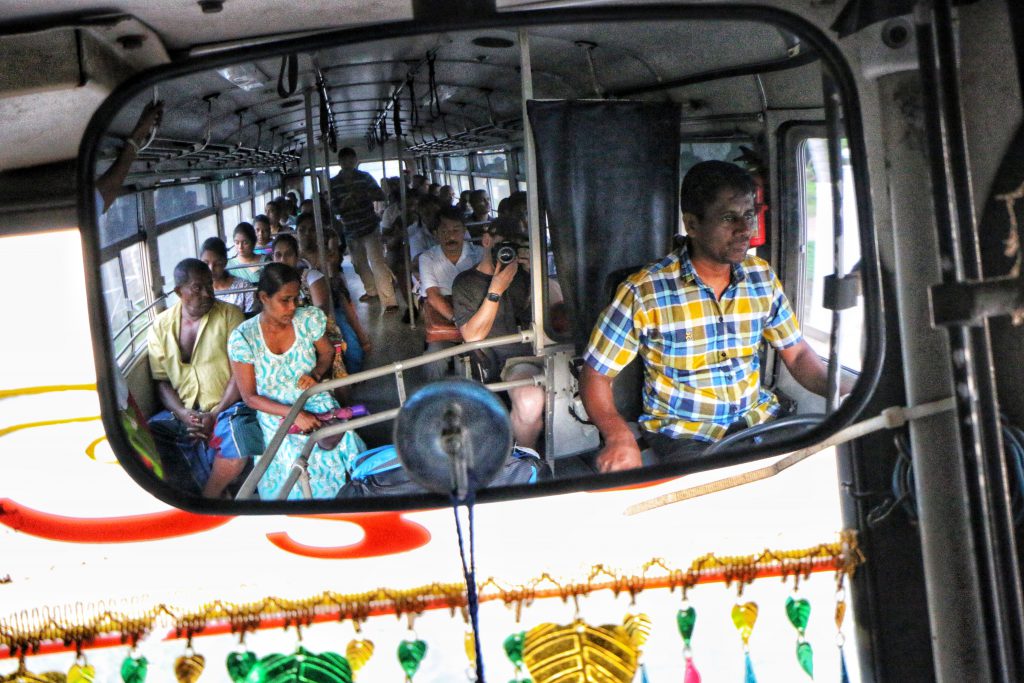
22 March 2021
PRESS RELEASE, Washington, DC.,
Following the recent report that the Ministry of Buddhasasana, Religious, and Cultural Affairs is currently drafting a legal framework for the implementation of anti-conversion laws, the multi-faith International Religious Freedom Roundtable sent out a letter, containing 36 signatures, on Monday, March 22, calling on the Prime Minister of Sri Lanka to abandon the planned introduction of the anti-conversion law.
The letter recognizes the value of each individual’s freedom to follow their conscience and denounces any conversions obtained by force and violence but notes that anti-conversion laws often go beyond this. They are frequently written in a way that is “overbroad and ambiguous” enabling accusations against religious groups, largely minorities, based on mere worship, sharing one’s faith, and performing charitable works; this emboldens intolerant groups to harass and persecute marginalized faith groups.
The letter cites international human rights law and UN experts on the topic who agree that anti-conversion laws often encourage false accusations and arrests of minority populations and embolden violent actors.
The letter calls on the government of Sri Lanka to:
- Abandon the introduction of an anti-conversion law.
- Ensure that all religious minorities are able to practice their religion or belief freely and without discrimination.
- Promote tolerance between religions by upholding Articles 10 and 14 of the Sri Lankan Constitution, and Article 18 of the ICCPR, including the freedom to adopt or leave a religion or belief.
- Introduce religious freedom roundtables for religious leaders to discuss the issues affecting their communities in an open, free, cooperative and constructive manner.
Background
Sri Lanka has tried to introduce an anti-conversion law in 2004, but it was rejected on constitutional grounds and after revisions was never introduced in Parliament.
In addition, the report of an anti-conversion law proposal comes at a time when Sri Lankan authorities are increasingly discriminating against the Christian and Muslim religious populations.
Photo credit: Sri Lanka by Petr Sevcovic

